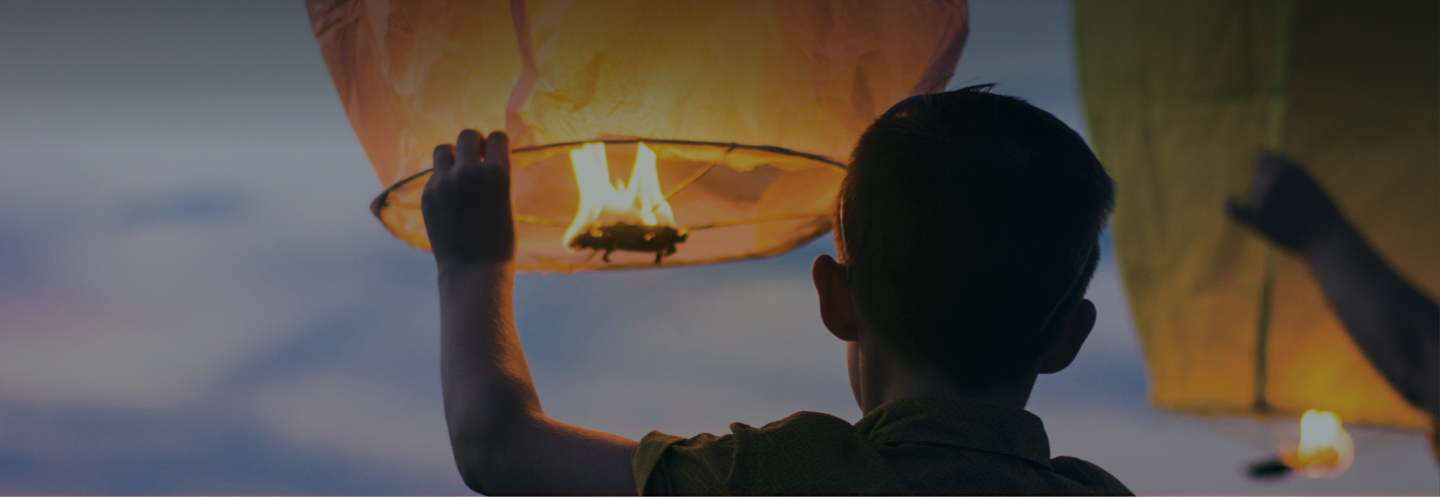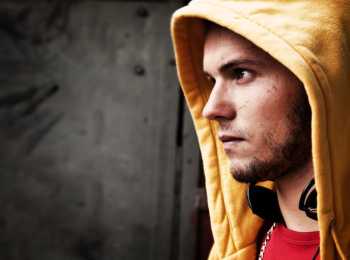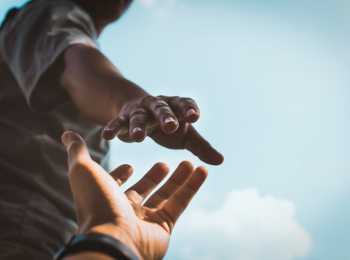For some people having all the information is important; for others just the key bits are enough for now. Whether you want a lot or a little bit of information, it’s important to get accurate information from trustworthy sources and people who know their stuff.
About their cancer and treatment
You can get general information about common cancers, different treatments and side effects across the site. Every cancer and every patient is different. So to understand your brother’s or sister’s cancer and what is likely to happen to them you need to get the facts from them, your parent/s, or you can ask questions of their doctor or someone in their treatment team.
Things you might want to know
-
What kind of cancer is it?
-
What part of the body does it affect?
-
Will my brother/sister get better?
-
Is there a chance that I may get this cancer too?
-
What treatment will they have?
-
Will there be more than one type of treatment?
-
How will my brother/sister feel while they are having this treatment?
-
Is the cancer painful?
-
Will the treatment be painful?
-
How often do they get this treatment and how long will it last?
-
Will it change the way he/she looks, feels or acts?
-
How will we know if the treatment is working?
-
What will happen if the treatment doesn’t work?
-
Where will they get this treatment and can I go with them?
Because of ‘patient confidentiality’ doctors and other health professionals can’t tell you about your brother’s or sister’s treatment or their prognosis (what the outcome may be) without their permission.
What if they won't tell me
Families often try to protect each other by not talking about hard or painful topics. Your family might not want to tell you everything about your brother’s or sister’s cancer because they don’t want you to stress. Or they may not have the answers either.
Tell them how important it is to you to know what’s going on, so you don’t start thinking or worry about things that might be worse than reality.
Some tips on getting straight answers:
-
Let your brother or sister and parents know how much you’d like to know.
-
Ask the same question a thousand times if you don’t get it the first time.
-
If someone tells you they will have to find out the answer, remind them until they get back to you.
-
If someone says they don’t know, ask how else you can find out.
-
Ask people to use simple words.
-
Ask people not to sugar coat things.
Beware of 'Dr Google'
We all know how wonderful the Internet is, but there is also a lot of weird and completely misleading stuff out there.
Here are some tips to make sure your search is successful:
-
Always check the source of the information. A lot of stuff on the Internet is out of date, inaccurate or may be from someone just trying to sell their ‘miracle cure’.
-
Search the right stuff. There are over 100 different types of cancer. The likely outcomes are different for every cancer and different for every single person.
-
Don’t believe everything you read. Print stuff out and check it with a doctor.
-
Stick with sites you can trust. There are many reliable cancer organisations that have accurate information about all sorts of cancer and cancer issues.
Visiting my brother or sister in hospital
You may be spending a lot of time visiting your brother or sister in hospital or going to their appointments with various doctors. Maybe you want to be there every step of the way, to find out what’s happening and support them; or maybe you’re over being dragged around to places and sitting in waiting rooms for hours.
It helps to be patient, and be prepared – find out what there is to do at the hospital or centre you are going to, and take something to fill in the time (music to listen to, homework, your iPad).
Depending on their age, type of cancer, and where you live, your brother or sister may have their treatment at a Youth Cancer Service, a children’s hospital or an adult hospital. These are very different places.
-
Youth Cancer Services are specialised treatment and support services for young people with cancer, based in major hospitals throughout Australia. Find out more about Youth Cancer Services.
-
If they are in a children’s hospital you will probably see lots of other sick kids. Try not to compare them to your brother or sister. Every patient is different.
-
If they are in an adult hospital then they may be in a ward with much older people. There may not be a lot to do and the staff may not be all that geared up to dealing with younger people.
Preparing for the hospital visit
Knowing what is happening to your brother or sister and understanding what to expect when you go to visit can help make it less stressful. Before you visit you might like to know a few things. You can get this information from mum or dad, an older brother or sister or another relative:
-
Will they be connected to any machines?
-
Will they have tubes, drips or other stuff attached to them?
-
What will it smell like?
-
Am I allowed to touch them?
-
Does the medication affect their speech or hearing?
-
Will they seem a bit ‘out of it’?
Why has this happened to my brother or sister?
Fair question. Most people your age don’t have to deal with a sister or brother having cancer. You might feel like it’s not fair that this has happened to your family – your sister or brother didn’t do anything to deserve cancer, you don’t know how to deal with it, and the whole situation is messed up and out of your control.
What caused it?
The causes of most cancers are unknown. However some things like smoking, being overweight, too much sun exposure, alcohol, not getting enough exercise and not having a healthy diet, may put people at a higher risk of getting certain types of cancer. Coming in contact with certain chemicals and toxins can also increase the risk.
Your sister or brother may not have had any of these ‘risk factors’, yet they still got cancer. Often there is no apparent reason for the cancer.
Things to focus on
While you’re still getting to grips with the fact your sister or brother has cancer and what that means for them and you, it helps to focus on these things:
Most young people survive cancer
Discoveries of new and more effective ways of diagnosing and treating cancer are being made all the time, leading to improved outcomes and survival rates.
You’re not the only one
While no one will feel exactly the same way as you, there are thousands of other young people out there who have a sister or brother who has cancer or has survived cancer. It can help to know that others are experiencing similar things. Connect with young people who have a sister or brother with cancer in the Canteen Community.
It’s not your fault
Cancer is caused by lots of things, many of which doctors don’t even understand. But none of these have anything to do with anything you said, did or thought.
Knowledge is power
Having the right information can be a big help in dealing with your sister’s or brother’s cancer. Learning about the particular cancer and its treatments can take some of the fear out of it. Things imagined can often be worse than the reality.
Hope
It doesn’t matter how bad things may seem, hang on to hope that they will get better. No one can take that from you; never give it up.
Unfortunately, there is no person, book or website that can tell you how everything is going to work out. Cancer is different for every single person. If what you’ve found raises more questions, talk to your family, a member of your brother’s or sister’s treatment team or a Canteen counsellor.

















